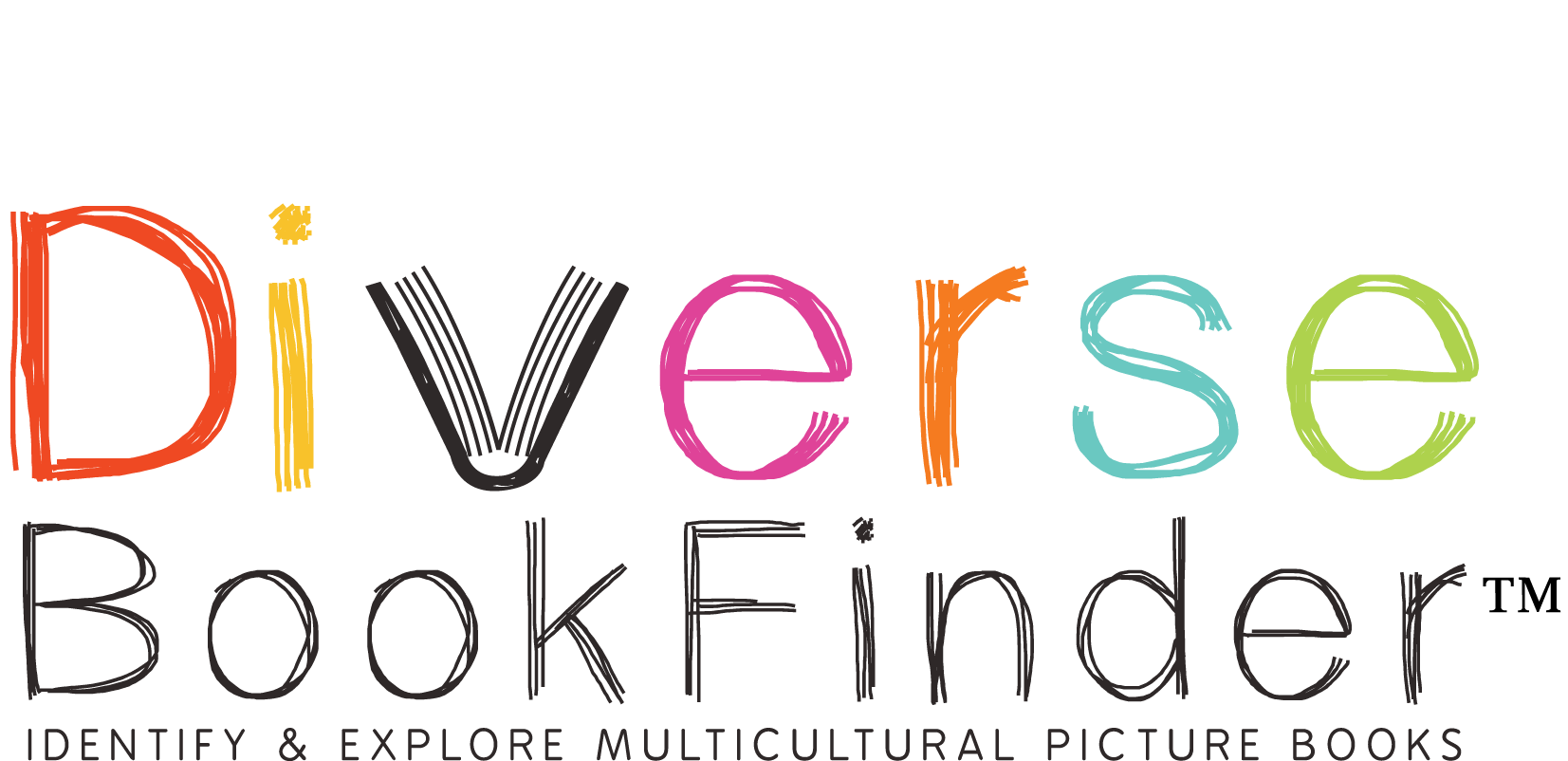
Our collection of picture books featuring Black and Indigenous people and People of Color (BIPOC) is available to the public. *Inclusion of a title in the collection DOES NOT EQUAL a recommendation.* Click here for more on book evaluation.
Find titles using a keyword search below (e.g. adoption, birthday, holidays, etc.), or by selecting one or a combination of filters on the lefthand sidebar below.
First time here? Start here!
27 matching books
Show Filters
The Secret of Your Name
"Bestselling and award winning Métis poet David Bouchard's heartfelt story is illustrated by Canada's most prominent Métis artist Dennis Weber." -- publisher Canada's Métis are the only mixed blood people in the world recognized by every level of government as being a Nation. The Métis have their own language, flag, songs and stories. They have exciting traditions and a proud history. Sadly, their journey was one of hardships, denial and often lies. In The Secret of Your Name, these men open their hearts to all those who care to know what it means when it is said that we are Proud to be Métis! This spectacular book will appeal to any and all who have an interest in aboriginal people. It will call out to art collectors, musicians and all who have ever pondered their own past." -- publisher

The Navajo Code Talkers
"Amidst a complicated history of mistreatment by and distrust of the American government, the Navajo people—especially bilingual code talkers—helped the Allies win World War II." -- publisher

I lost my talk
"One of Rita Joe's most influential poems, "I Lost My Talk" tells the revered Mi'kmaw Elder's childhood story of losing her language while a resident of the residential school in Shubenacadie, Nova Scotia. An often quoted piece in this era of truth and reconciliation, Joe's powerful words explore and celebrate the survival of Mi'kmaw culture and language despite its attempted eradication. A companion book to the simultaneously published I'm Finding My Talk by Rebecca Thomas, I Lost My Talk is a necessary reminder of a dark chapter in Canada's history, a powerful reading experience, and an effective teaching tool for young readers of all cultures and backgrounds. Includes a biography of Rita Joe and striking colour illustrations by Mi'kmaw artist Pauline Young. Rita Joe's essential poetry is presented anew in this children's picture book with illustrations from Pauline Young. Joe, known as the Poet Laureate of the Mi'kmaw, tells her childhood story of losing her language at Shubenacadie's residential school. Mi'kmaw culture and language are celebrated in this collection, which joins current conversations about Canada's shameful history, truth and reconciliation." -- publisher

I’m Finding My Talk
"A response to Rita Joe's iconic poem "I Lost My Talk," and published simultaneously with the new children's book edition illustrated by Pauline Young, comes a companion picture book by award-winning spoken-word artist and Mi'kmaw activist Rebecca Thomas. A second-generation residential school survivor, Thomas writes this response poem openly and honestly, reflecting on the process of working through the destructive effects of colonialism. From sewing regalia to dancing at powow to learning traditional language, I'm Finding My Talk is about rediscovering her community, and finding culture. Features stunning, vibrant illustrations by Mi'kmaw artist Pauline Young." -- publisher

Be Brave, Be Brave, Be Brave
A man of Native American descent contemplates what lessons he will pass on to his newborn son in this heartfelt, expansive exploration of fatherhood, identity, and legacy. -- Amazon.com

We are still here!
"Too often, Native American history is treated as a finished chapter instead of relevant and ongoing. This companion book to the award-winning We Are Grateful: Otsaliheliga offers readers everything they never learned in school about Native American people’s past, present, and future. Precise, lyrical writing presents topics including: forced assimilation (such as boarding schools), land allotment and Native tribal reorganization, termination (the US government not recognizing tribes as nations), Native urban relocation (from reservations), self-determination (tribal self-empowerment), Native civil rights, the Indian Child Welfare Act (ICWA), religious freedom, economic development (including casino development), Native language revival efforts, cultural persistence, and nationhood." -- publisher

The Water Lady: How Darlene Arviso Helps a Thirsty Navajo Nation
Cody is worried when his family on a New Mexico Navajo reservation runs out of water, but Darlene Arviso, called "The Water Lady," is on the way with her tanker truck. Includes glossary of Navajo terms and notes about and from Arviso and life on a reservation

Red Bird Sings
"I remember the day I lost my spirit." So begins the story of Gertrude Simmons, also known as Zitkala-Ša, which means Red Bird. Born in 1876 on the Yankton Sioux reservation in South Dakota, Zitkala-Ša left her home at age eight to go to a residential school in Indiana. But she soon found herself caught between two worlds—white and Native American. At school she missed her mother and her traditional life, but Zitkala-Ša found joy in music classes. "My wounded spirit soared like a bird as I practiced the piano and violin," she wrote. Her talent grew, and when she graduated, she became a music teacher, composer, and performer. Zitkala-Ša found she could also "sing" to help her people by writing stories and giving speeches. As an adult, she worked as an activist for Native American rights, seeking to build a bridge between cultures." -- from publisher

Ice Breaker
"In the 1930s, only white figure skaters were allowed in public ice rinks and to compete for gold medals, but Mabel Fairbanks wouldn't let that stop her. With skates two sizes too big and a heart full of dreams, Mabel beat the odds and broke down color barriers through sheer determination and athletic skill. Mabel became the first African-American woman to be inducted into the U.S. Figure Skating Hall of Fame." - publisher

My Name is Blessing
Based on a true story about a young Kenyan boy whose mother left him but had named him Muthini which meant suffering because he was born with no fingers on his left hand and only two on his right. Many times he was made fun of or avoided which hurt him deeply. He lives with his very elderly grandmother, his Nyanya, along with many cousins whose parents had either died or left them. They are extremely poor and there is never enough money or food, but plenty of love. A difficult choice must be made and Muthini is the youngest child and needs to have a better chance in life, so his Nyanya takes him to an orphanage where he is blessed and his name is changed to Baraka which means blessing for he was a blessing just as his grandmother always knew
